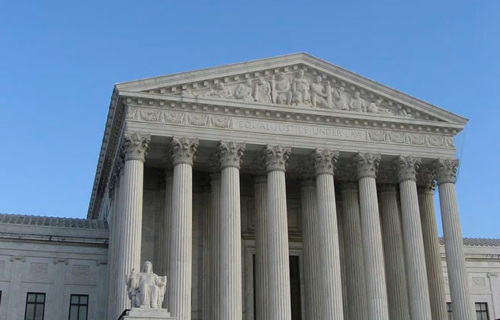Earth Week: Special Edition of Good Climate News this Week!
Apr 26, 2024
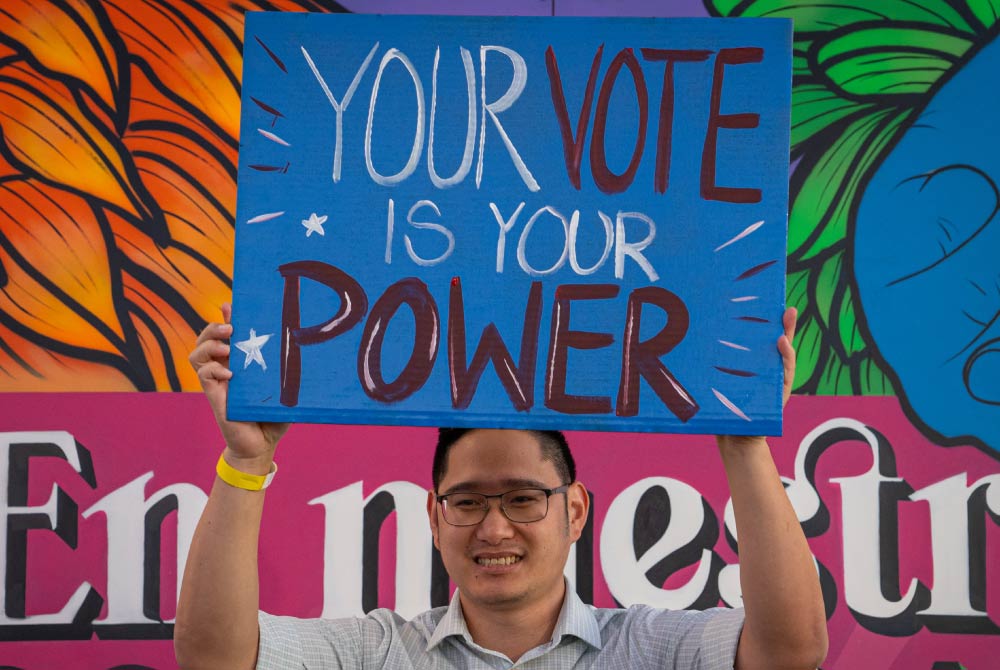
This month’s Top 5 stories focus on LCV’s democracy-related work. As we enter a presidential election year, this work is more important than ever.
You might wonder why an environmental organization like LCV engages in the democracy space. The reason is simple: The health of our planet and the health of our democracy are inextricably linked. Those most impacted by the climate crisis are also facing the greatest barriers to voting. Achieving meaningful progress on climate change will be more difficult without an equitable democracy that works for everyone.
Read about LCV’s democracy-related victories at the local, state, and federal levels, and the ways these advance climate action, in this month’s LCV Top 5 stories.
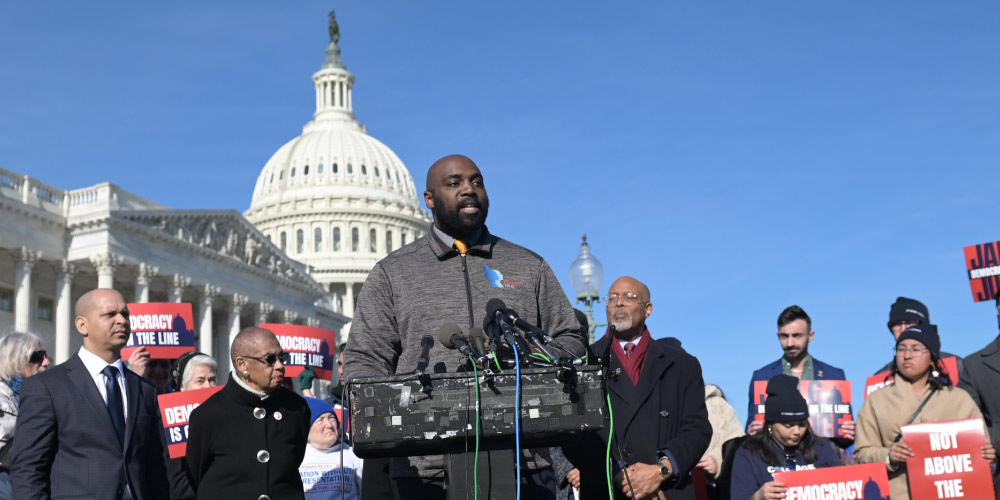
On January 6, 2021, the peaceful transfer of presidential power was disrupted for the first time in U.S. history, Fast forward to earlier this month, when LCV stood alongside members of Congress and partner organizations representing tens of millions people in front of the U.S. Capitol to help make sure this never happens again.
The January 5 press conference marked three years since Donald Trump and his allies in Congress instigated a violent insurrection that left five people dead, more than one hundred officers injured, and our country deeply divided. Speakers at the press conference, including LCV Democracy Program Director Justin Kwasa, called for accountability, defending the rule of law, and the urgent need for federal democracy reforms to protect Americans’ freedom to vote.
“January 6 was not a protest. January 6 was an insurrection. It was a violent attack on our democracy that silenced the will of the voters and the American people. We can’t let January 6 happen again. Our democracy can’t stand it, and our environment can’t afford it. We’re asking Congress, we’re asking the courts, [and] we’re asking the administration to do everything in their power in order to ensure that the horrors of 2021 aren’t repeated again,” Kwasa said.
LCV’s presence at the press conference is a reminder of all we’re doing to counter the serious and ongoing threats to our democracy. Since the 2021 attack on the U.S. Capitol, right-wing politicians have continued their assault on our democracy by introducing hundreds of voter suppression bills in Congress and state legislatures across the country, spreading false election conspiracy theories, harassing and threatening election workers, and attempting to overturn election results they disagree with.
Along with our 30+ state affiliates in the Conservation Voters Movement and thanks to support from donors, LCV works to counter these threats by defending and strengthening our democracy. We understand that a strong democracy is necessary for meaningful climate action.
LCV’s democracy-focused work includes:
We joined forces with the Not Above the Law coalition and the Declaration for American Democracy coalition (which has 250+ member organizations) during the press conference because we understand the power of broad movements with a shared vision. This is the power we will continue to harness to make the promise of democracy real for us all. Watch the press conference and read excerpts from coalition leaders.
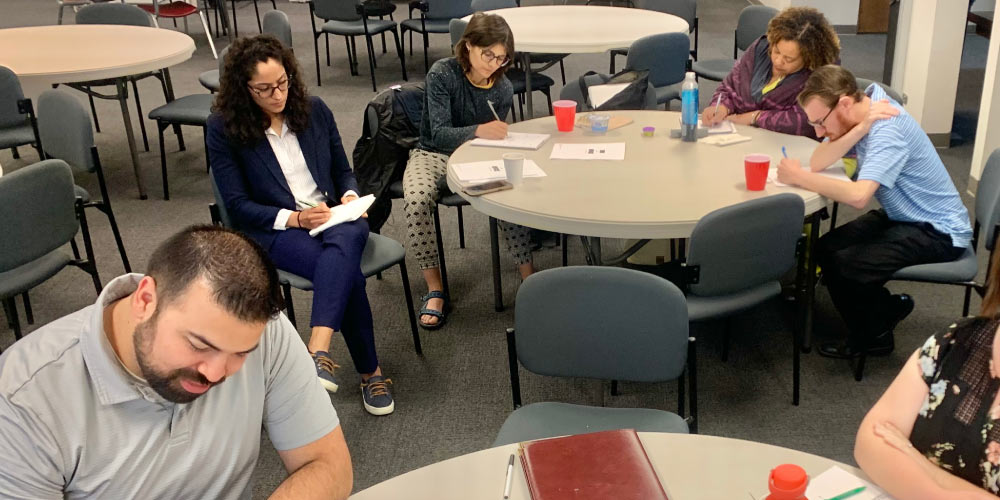
“If you aren’t at the table, you’re on the menu.” This common activist expression is exactly why LCV Education Fund’s (LCVEF) Boards and Commissions Fellowship program aims to ensure that the people influencing environmental policy are reflective of their communities, and that more environmental leaders serve on local boards and commissions.
In 2023, 52 people completed LCVEF’s Boards and Commissions Fellowship program across the country, with 17 now serving on various state and local boards, and many others working as mentors and leaders in their communities. The program also builds a pool of highly qualified leaders poised to eventually serve in higher-level leadership roles.
The fellowship program is currently active in Colorado, Idaho, North Carolina, and South Carolina, and Nebraska’s program will be coming soon. While tailored to meet local needs, each state’s program shares a set of goals and strategies, including:
One alumna, Shari Baber, who graduated from the Idaho program in 2021, currently serves on the Boise Parks and Recreation Commission — the first Black woman to ever do so. Shari credits the program with helping to increase her understanding of the connections between government policy and social justice. She also notes that the program’s explicit focus on helping fellows of color to be comfortable and successful in historically exclusive situations — and how to care for themselves in those situations — helped address her prior belief that city buildings were not for her, and prepare her for what was next. Now, Shari is working to create more inclusive public spaces, ensure that every Boise resident lives within a short distance of green space, and make board and commission service more accessible to people with disabilities. Read more about LCVEF’s Boards and Commissions Fellowship program.
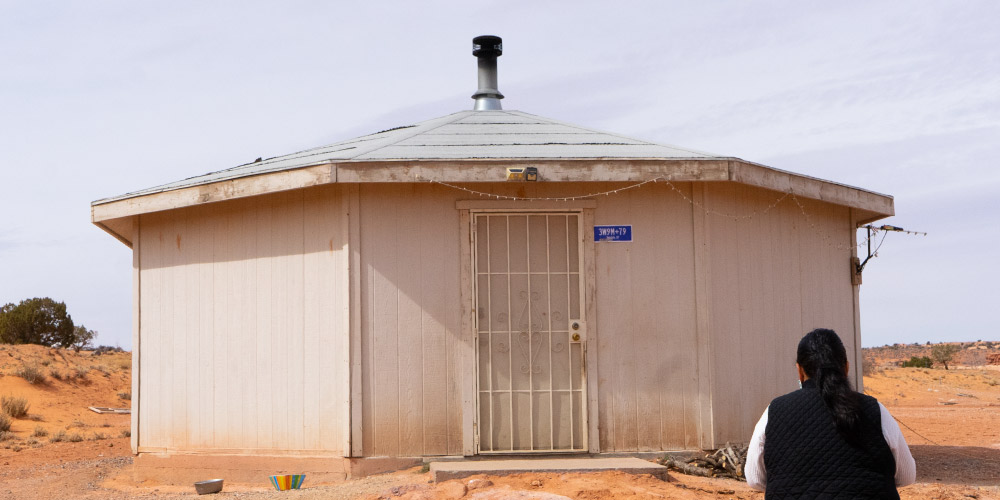
Voting without a physical address presents numerous challenges in the U.S. And most of the households on the more than 1 million acres of the Navajo Nation in Utah’s southeast corner were lacking addresses. That changed when LCV’s state affiliate, Rural Utah Project got involved.
Rural Utah Project (RUP) started its addressing program in 2019 to ensure that voters were registered in the correct precinct and received a valid ballot for where they lived. By assigning a Google Plus Code to pinpoint a building’s location based on longitude and latitude rather than a street name and house number, this project by RUP has made it possible for voters in more than 3,100 households in the Navajo Nation to cast a ballot.
The assignment of Google Plus Codes in Utah means that, in addition to access to the ballot box, Utah’s Navajo Nation community members now also receive other critical benefits, including shortened response times for emergency services, access to in-home health care, loans, insurance, and satellite internet.
Rural Utah Project took the following steps to succeed:
Daylene Redhorse has worked as a Rural Utah Project Addressing Specialist since the project’s inception. “When I found out that you couldn’t vote without a physical address, that got to me,” said Daylene. “We are Utahns, we are part of Utah. Now we have a say in our state.”
Now that more of her neighbors are registered to vote in the correct Utah district, she said, the next step is to increase Navajo representation in local politics. “I’m not going to stop bugging people about elections. I’m not going to stop bugging people about voting,” she said. “Now I’m going to go and start bugging people about running for office.”
Innovative and community-based strategies to engage and mobilize voters are critical for strengthening our democracy and a key component of LCV’s work with our state affiliates. Learn more about the project, read about Daylene’s personal experiences completing it, and see how the story was covered in the Salt Lake Tribune.
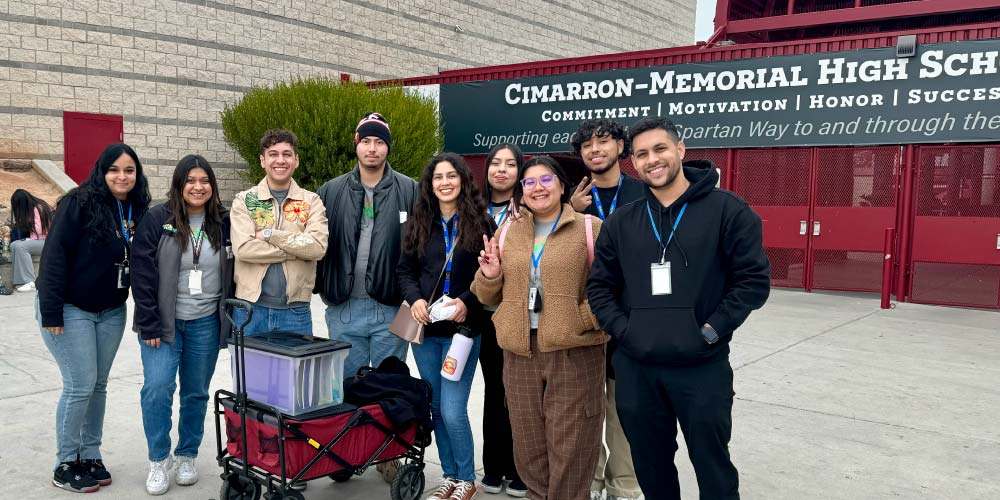
There are no off years when it comes to voting rights. While 2023 may not have seen marquee national races, the thousands of state and local elections that were held last year gave voters an opportunity to make their voices heard on community-specific issues — including those that are crucial to the long-term health of our nation’s democracy.
LCV Education Fund (LCVEF) — which executes one of the largest nonpartisan civic engagement programs in the country — made investments to educate the public about the importance of 2023’s elections and engage voters in the civic process, including:
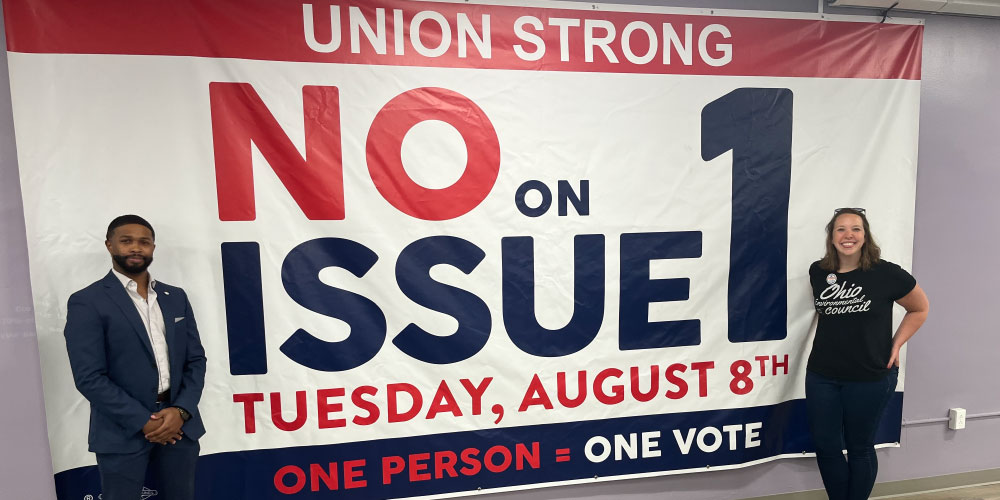
Crucial decisions regarding voting rights, redistricting, and electoral reforms are most often made at the state level — which is why state-level democracy work is critically important to ensuring equal representation and equitable policy outcomes.
The Conservation Voters Movement (CVM) is a partnership between LCV and 33 state affiliates that builds power in the states to fight for clean energy, climate action, and an inclusive, vibrant democracy.
CVM state affiliates use their deep understanding of local politics to shape political discourse and policymaking. State affiliates excel in forging coalitions with other advocacy groups and like-minded stakeholders, and they are key players in drafting, supporting, or opposing policies that impact voting rights and electoral systems.
In 2023, LCV and our state affiliates helped win 152 state-level democracy-related policy victories in 23 states. Specific CVM victories across the country include:
Details about these wins — and scores of others across the country — are available in the 2023 Conservation Voters Movement State Democracy Report.
No Way
— LCV Democracy Program Director Justin Kwasa
The Best Thing You Can Do Right Now
The laws that protect our environment, our democracy, and our rights are only as strong as the judges who uphold them. The current Supreme Court’s far-right majority has proven that they’ll twist the law to attack our rights and protections instead of defending them. Congress must rein in this unbalanced, unaccountable, and unethical Supreme Court majority.
Send Email